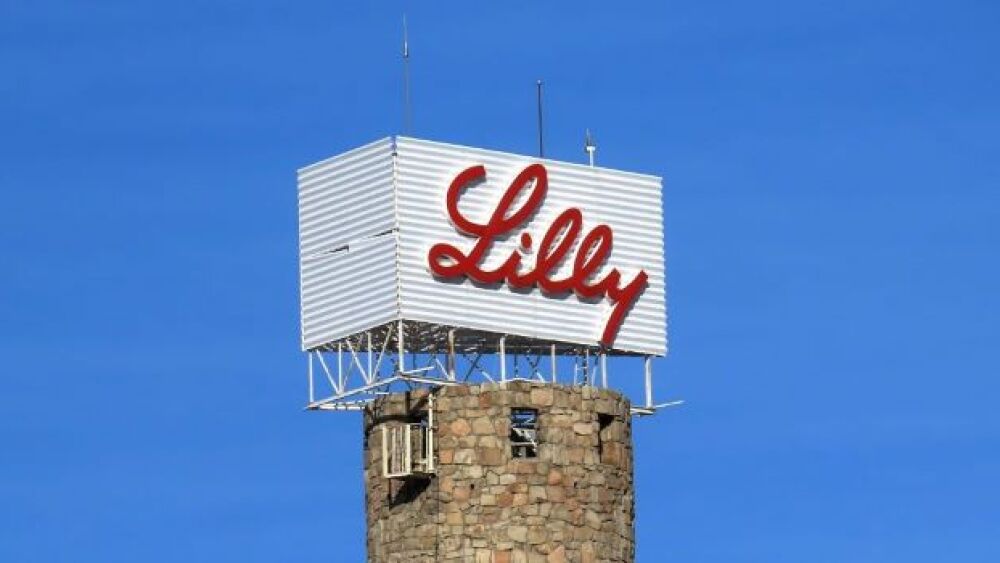Startups have passion and big, bold ideas. Pharma has the funds and human resources. Together, they can change the future of medicine.
Cristina Arias/Cover/Getty Images
Startups have passion and big, bold ideas. Pharma has the funds and human resources. Together, they can change the future of medicine.
Today Verge Genomics, an AI-driven San Francisco-based startup, announced a deal with pharma giant Eli Lilly to team up against a devastating disease – ALS. With $25 million upfront, the deal could bring Verge $694 million more in royalties once milestones are met.
The collaboration opens a path for the small biotech to take “multiple shots” on its goal to develop an effective ALS treatment. Verge already has three preclinical candidates for ALS in the pipeline, but there were more promising targets in the pipeline that exceeded the startups capacity to go after on its own.
AI-drug discovery has increased over the years from being perceived as hype to providing hope for more effective medicines faster. As of a 2019 survey, AI is used to screen for potential drug candidates in 40% of drug discovery startups. Around 28% use AI to find new drug targets, while 17% use it to assist in molecular design. The average cost of drug development has dropped to $1.3 billion, compared to the previous average of $2.8 billion.
What differentiates Verge from the pack of AI-driven companies is its “all-in-human” approach. Past approaches use animal models, which are notoriously unreliable for ALS in particular, or lab-engineered disease models.
“Our big differentiator is the fact that we’re using human data straight from the source, straight from human brains and human tissue as the input for our AI,” Verge CEO Alice Zhang said.
Zhang is made Forbes 30 Under 30 Science list in 2017 after launching the company in 2015. Their model goes beyond AI discovery. Verge is also able to develop drugs in-house.
“We sell drugs, not algorithms and information,” said Zhang.
Her company’s focus is exclusively on neurodegenerative diseases – Parkinson’s, Alzheimer’s and ALS. Lilly was drawn to the company’s end-to-end capabilities and neuroscience focus.
With this new, three-year deal, Verge will use its AI to identify potential drugs for ALS. Lilly can select up to four of the candidates to take into clinical development from there.
Verge’s lead program is an ALS treatment that targets the enzyme PIKfyve. Clinical trials are anticipated to start next year.
There are around 30,000 cases of ALS in the US, with 5,000 new cases diagnosed every year. The average lifespan for patients is a mere two to five years. One causal mutation kills victims in the space of 12 months. Currently, no cure is available.
Biogen is knee-deep in a Phase III trial for its ALS candidate, tofersen. The company is offering an expanded access program due to high need, spurred on by the desperation of patients who often face rapid declines. Tofersen is the furthest along of four ASOs currently in clinical development for ALS. The trial has an estimated completion date of August 31, 2021.






